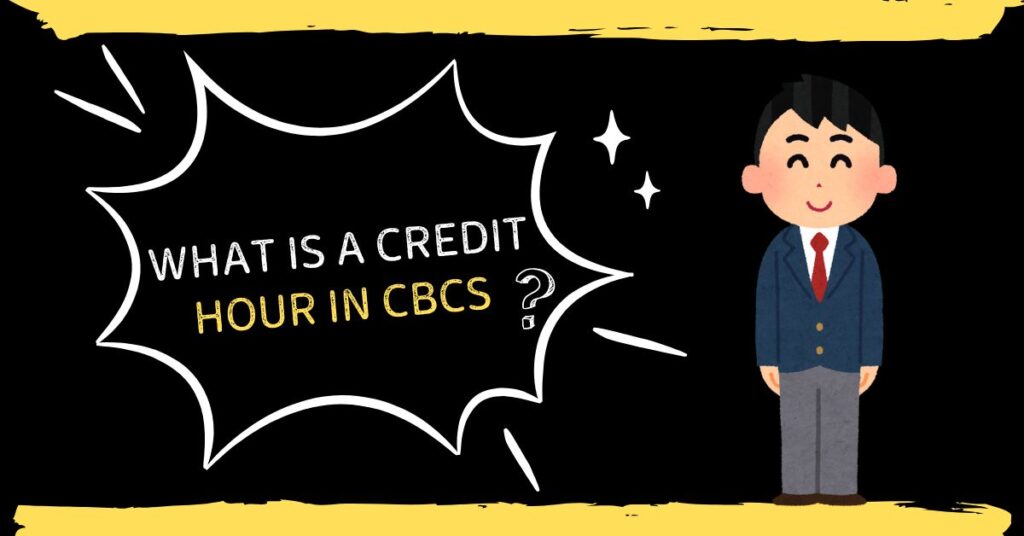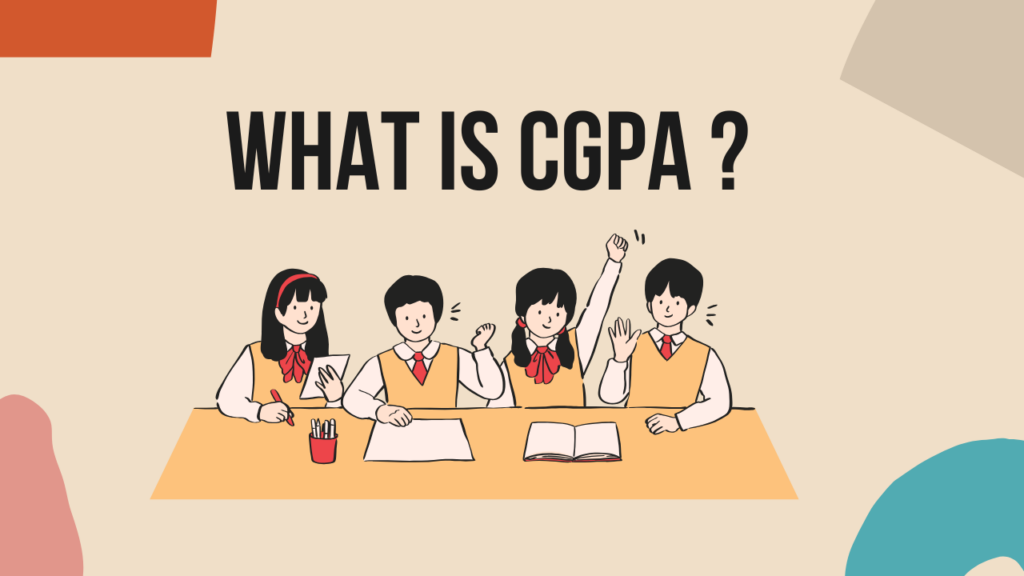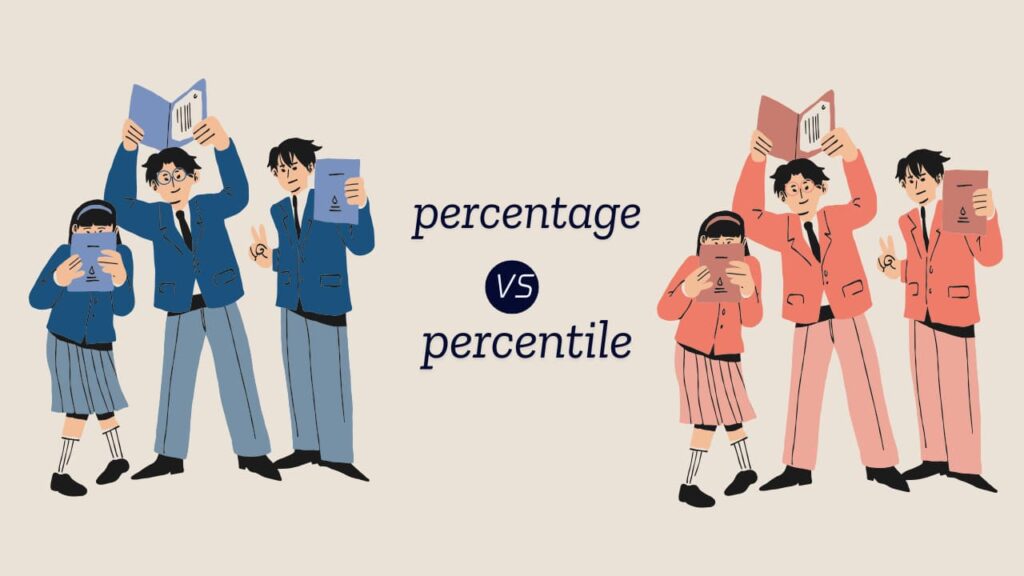If you are a student who wants to calculate their CGPA but got confused with the terms like credit hours and total credit then you are in the right place. In this article we will explain you everything about credit hours with simplified meaning and examples.
What Are Credit Hours?
A credit hour is a unit of measurement that measures time spent on a particular subject in classroom lectures, assignments, projects. For example: if you spend one hour in the classroom or on an assignment then you will get 1 credit hour.
Why Credit Hours Are Important?
Here we have different uses of credit hours let’s discuss them one by one
- Degree Requirements: Every degree program requires you to earn a certain number of credit hours to complete your degree. For example, if you are pursuing a bachelor’s degree in any field, you will require 120 to 140 credit hours, and if you are pursuing a master’s degree, then you need 30 to 60 credit hours.
- CGPA Calculation: Credit plays a crucial role in your CGPA calculation. For example, if you have 3 credits in two different subjects and each of them has different credit hours and first one has 3 credit hours and second one has 2 credit hours, then your total credits will be 9 and 6. That’s how credit hours affect CGPA calculation.
- Course Load & Scheduling: Universities decide the class of a student on the basis of their credit hours. For example, if you are a full-time student then you will require 12+ credit hours and if you are part-time student then you will requires less than 12 credit hours.
- Tuition Fees: Many colleges follow a flat tuition rate for a specific number of credit hours. However, if you exceed the limit then you may be required to pay additional tuition fees for the extra credit hours.
How to calculate CGPA for different credit hours?
Here we have some simple steps to calculate CGPA let’s discuss them one by one.
Step 1: First, convert your letter grades into grade points as per your university’s scale. For example, if your university uses 10 scales, then you can use it in the following way.
- A+ = 10
- A = 9
- B+ = 8
- B = 7
- C = 6
- D = 5
- F = 0
Step 2: Multiply the grade point in each subject you got by the number of credit hours assigned to each subject.
Step 3: Now add all the results you got in Step 2.
Step 4: Add all credit hours for each semester.
Step 5: Divide Total (Grade Point × Credit) by Total Credit Hours
For example: If your have 5 subjects in this semester and each of them has different credits and grades:
| Subject | Grade | Grade Point | Credit Hours |
| Mathematics | A | 9 | 4 |
| Physics | B+ | 8 | 3 |
| English | A+ | 10 | 2 |
| Chemistry | B | 7 | 3 |
| Programming Lab | A | 9 | 2 |
1. Multiply grade points with credits:
-
- Math: 9 × 4 = 36
- Physics: 8 × 3 = 24
- English : 10 × 2 = 20
- Chemistry: 7 × 3 = 21
- Lab : 9 × 2 = 18
2. Now Add step 2 answers 36+24+20+21+18=119
3. Total Credit Hours in each subject : 4+3+2+3+2=14
4. Final CGPA:=119/14=8.5
How Credit Hours are Assigned?
Each course in your curriculum comes with a fixed number of credit hours. Their allocation is based on the type, like a normal lecture equal to 1 credit hour and a lab/practical equal to 0.5 credit hours. For example, if you have the following credit hours in different subjects:
| Course Type | Weekly Hours | Credit Hours |
| Theory/Lecture Course | 3 hours | 3 credits |
| Lab Course | 2 hours | 1 credit |
| Seminar/Project | Varies | 1–2 credits |
How Credit Hours Works in the CBCS System?
If your university follows the Choice Based Credit System (CBCS), then credit hours play a crucial role in your decision making related to subject selection and course planning. It will provide you the flexibility to complete your course earlier than the standard time. For example, you can complete a 4 year program in just 3 or even 2 years by earning the required credits.
How to transfer credit hours?
Many universities help students to transfer their credit hours from one college to another in different situations like a mid-semester college transfer or course transfer. However, please verify with the college about credit transfer before you start the credit conversion process.
What are the differences between Subject with credit hours and non credit hours?
| Aspect | Credit Hours | Non-Credit Hours |
| Purpose | It is relevant for graduation, degrees, diplomas and
Certification course |
It is helpful in Skill development, career enhancement and
personal interest. |
| Course Type | It includes various courses like Core subjects, electives, practical/lab courses and
project work |
It includes
Workshops, certificate courses, language classes, online hobby courses |
| Impact on CGPA | It contributes directly to your
CGPA or GPA calculation |
No it is Not included in your CGPA or GPA calculation. |
| Official Recognition | It is Recorded in your academic transcript | It is not included in a
official transcript |
| Evaluation & Grading | It Includes assignments, internal marks, exams, attendance, etc. | It May or may not include exams or evaluation. |
| Academic Credit | It helps to fulfill total credit hours
for graduation |
It does not have credit only enrichment or awareness |
| Duration & Structure | It has strict academic schedules with weekly class hours | It has a flexible structure it is mostly online or on a weekend-based |
| Tuition
Fees |
It’s tuition is Charged
on the basis of credit hours |
It is Usually low cost, sometimes it is free, depending on the provider |
| Eligibility for FullTime
Student |
If you are full time student then Minimum 12 to 15 credit hours required for each semester | It Does not count full time or part time academic loads. |
| Scholarship Impact | It affects on eligibility and continuation of scholarships | No it does not affect scholarships |
FAQ:
Q1: Is taking more credit hours better?
No more credit hours are not always better because more credit hours can help you to finish your degree faster but they will increase the burden on you and make your degree heavier with assignments and exams.
Q2: How many credit hours should I take per semester?
You should take 15 to 18 credit hours to complete your degree on time, or you can take fewer credit hours when you require more time for difficult subjects or past backlogs.
Q3: Do credit hours include exam time?
No, credit hours include only classroom, assignment, and project hours. Exams are not included in credit hours.
Q4: Can I repeat a course to improve credit?
Yes, you can repeat your course to improve your grade but remember that your latest grade was counted in the CGPA calculation.



